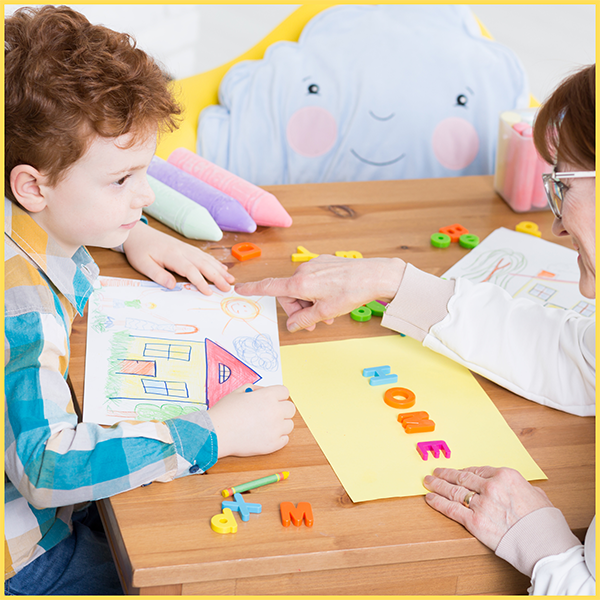Services
Applied Behaviour Analysis (ABA) Therapy
Applied Behaviour Analysis (ABA) Therapy is an organized, verified methodology of behaviour analysis that concentrates on comprehending and enhancing behaviour. ABA therapy divides difficult behaviours into smaller, more manageable parts and applies reinforcement mechanisms.
ABA therapy is highly individualized, beginning with a comprehensive assessment to identify strengths, weaknesses, and specific behavioural goals. Based on this assessment, a behavioural intervention plan is developed, which defines goals, methods, and measurement criteria. From enhancing workplace productivity to promoting healthy lifestyle behaviours, ABA offers valuable strategies for behaviour change across the lifespan. We offer exceptional services by ABA therapist serving areas in and around Al Hamriya, Umm Hurair, Al Karama, and Bur Dubai.
Benefits of ABA
- Helps develop Behavioural skills
- ABA can be used to teach simple and complex skills
- Gives parents strategies for teaching children at home
- Motivating for parents that Autistic kids are capable of learning
- Adaptive Therapy
Importance of Family Involvement
Parental involvement is integral to the success of ABA therapy. Parents play a crucial role in implementing strategies, reinforcing skills outside of therapy sessions, and advocating for their child's needs. ABA programs often include parent training components to empower families and promote consistency in behaviour management techniques.
ABA therapy relies on continuous data collection and analysis to monitor progress and make informed adjustments to interventions. Data allows therapists to evaluate the effectiveness of strategies, identify areas for improvement, and adapt programming to meet evolving needs. This data-driven approach ensures that interventions are tailored to each individual's unique profile and goals.
How ABA Therapy Supports Different Age Groups and Their Needs
| Target Audience | Age Group | How ABA Therapy Helps | Key Benefits |
|---|---|---|---|
| Parents | Children (2-12) | Focuses on improving communication, social interaction, and managing behavioral challenges like tantrums. | Builds foundational skills, enhances independence, and fosters better relationships. |
| Educators | Teenagers (13-18) | Helps teens with ASD develop problem-solving, social skills, and emotional regulation for school settings. | Improves classroom participation, peer relationships, and transition readiness. |
| Caregivers | Adults (18+) | Provides strategies for workplace integration, daily life skills, and reducing anxiety or maladaptive behaviors. | Promotes autonomy, improves employability, and enhances quality of life. |




